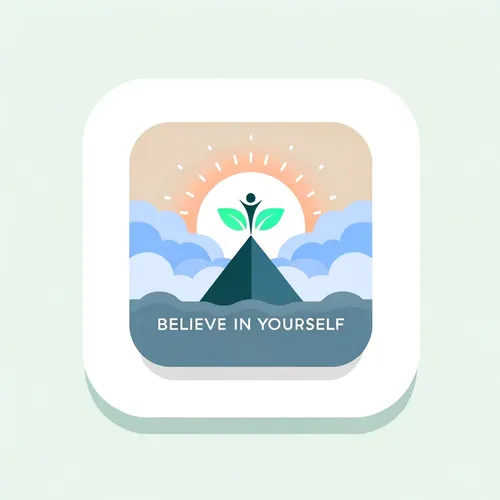The Power of Self Belief: How Trusting Yourself Drives Personal Growth and Transforms Challenges into Opportunities
- Author
- Quiet. Please
- Published
- Sat 26 Jul 2025
- Episode Link
- https://www.spreaker.com/episode/the-power-of-self-belief-how-trusting-yourself-drives-personal-growth-and-transforms-challenges-into-opportunities--67133864
Listeners, we often hear the phrase believe in yourself, but what gives these three words such enduring power? At its core, believing in yourself is about trusting your capacity to persevere and grow, even in the face of daunting challenges. The origins of this idea date back centuries. Philosopher William James once wrote, “Have faith that you can successfully make it, and your feet are nerved to its accomplishment.” His words remind us that self-belief isn’t just positive thinking—it can be a catalyst for real action.
Take the story of Simone Biles, the gymnast who at the recent Olympics stunned the world—not just with medal-winning routines, but with her openness about mental health. Simone stepped back from competition, listened to her needs, and returned stronger, crediting her belief in herself and her values for sparking her comeback. Stories like Simone’s are echoed daily in less-public ways: from people changing careers later in life to young students pushing through self-doubt to achieve goals that once seemed out of reach.
Psychologists like Albert Bandura emphasize that self-belief isn’t some mystical gift. It’s built by recognizing your strengths and practicing skills—Bandura calls this process self-efficacy. Simple actions, such as setting small goals, journaling about positive experiences, or engaging in therapy, can retrain the mind to focus on growth instead of fixating on flaws. Cognitive Behavioral Therapy, or CBT, is one widely used tool that helps challenge negative self-talk and replace it with more empowering beliefs, as noted by the Centre for Creative Life.
But as we explore the power of believe in yourself, it’s important not to tip too far into overconfidence. Believing you are capable must be grounded in self-awareness and openness to feedback, or it can veer into delusion. True self-belief recognizes limitations, takes setbacks as learning opportunities, and reaches out for support when needed.
For anyone struggling to muster self-belief today, remember: it isn’t about perfection or bravado. It’s about acknowledging your worth, embracing discomfort as part of growth, and giving yourself permission to try—and try again.
